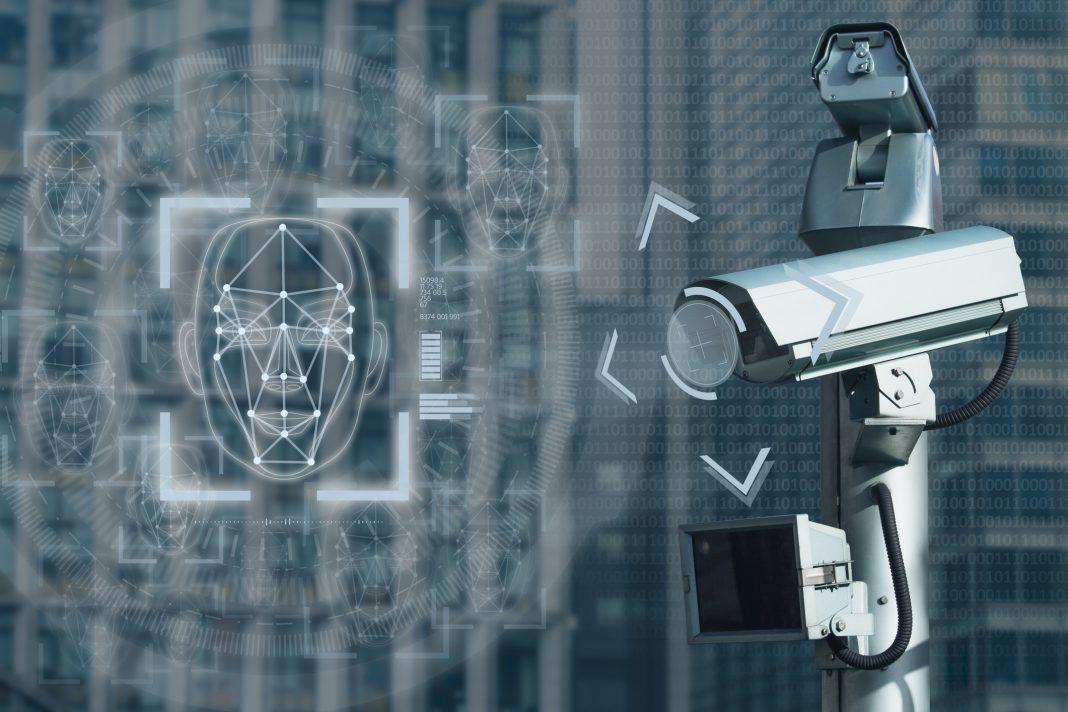China just upped the ante on the high-stakes area of privacy and biometrics by requiring citizens to submit to facial scans if they want to register a new mobile phone number. The requirement went into effect December 1.
Passed by China’s Ministry of Industry and Information Technology, the law adds another layer to the country’s existing rules and regulations restricting the ability to use the internet anonymously. Another law passed in 2017 requires mobile phone users to provide photo identification when registering devices.
While the Chinese government claims the legislation is to “protect the legitimate rights and interest of citizens in cyberspace,” privacy advocates are concerned this latest requirement is another example of the increasingly pervasive surveillance in the country. A 2018 study estimated that there were 176 million surveillance cameras distributed in China with plans to implement 626 million by 2020, and the Beijing Public Safety Bureau claims to have the entirety of the city under watch.
“It’s connected to a very centralised push to try to keep tabs on everyone, or that’s at least the ambition,” said Oxford University researcher Jeffrey Ding to the BBC, which originally reported on the story.
Several other countries are following China’s lead on mass surveillance, especially relating to internet activity. Recent news reports indicate that the parliament of Zimbabwe is considering legislation to restrict social media activity and to allow the government to eavesdrop on private communications.










